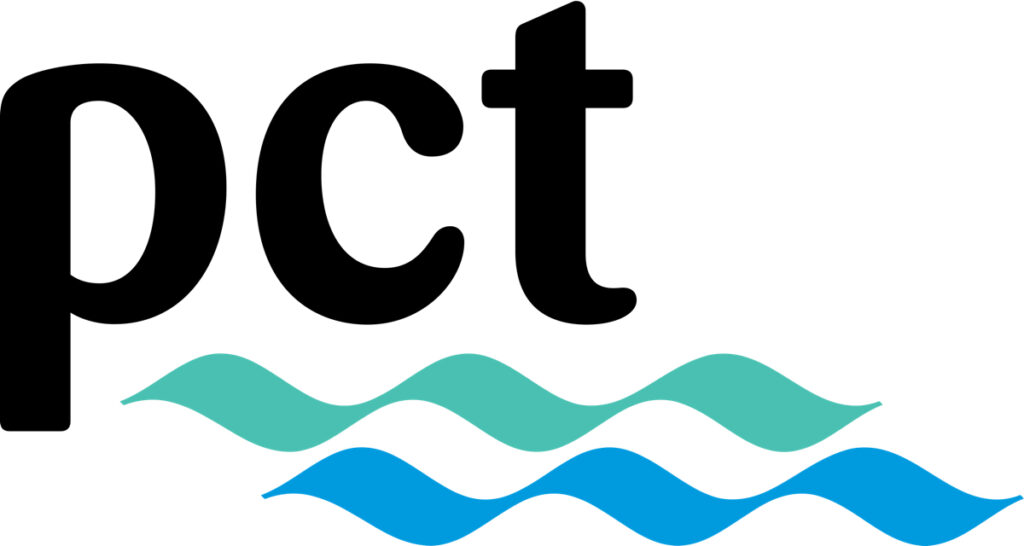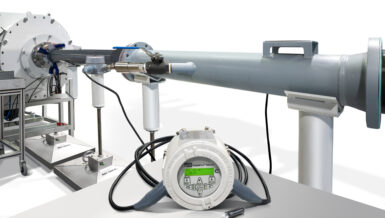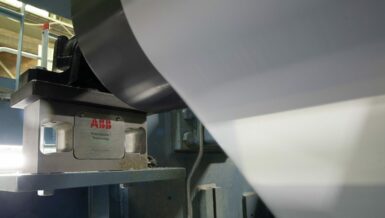Within the current challenging economic climate the reliance upon an open, collaborative customer/supplier relationship has never been more worthwhile.
For the customer, this requires the clear definition of the purpose of the project. This is not the technical or engineering detail nor is it the commercial framework that is applied (although of course this does have its’ place). It is in fact the more fundamental reason as to why a project is started and what it is aiming to achieve. In simple terms this can be the increase of desired benefits or the decrease of business challenges. We will come back for more on this later.
For the supplier, with the responsibility of proposing an optimised solution, this requires a greater understanding of the consequences of compromise. It may well be that absolutely no compromise is possible and the very best technical solution is required above all else; an example being the fractional dosing of highly concentrated, very expensive, odourant into instant coffee jars – over-dosing is simply not acceptable as the cost of wastage over a year would be enormous. The best precision with the best continuous lifetime is therefore required. In contrast, the flow measurement of wash water might need to be of hygienic design but not to any great accuracy. The needs of the project are therefore for increased consumption monitoring whilst decreasing wastage – both perhaps to meet compliance requirements.
The important convergence is that both customer and supplier need to collaborate to ensure that any solution is neither over- nor under-specified whilst meeting any other project constraints such as time-line and cost. The experience of a supplier – and therefore the trust that they have earned – adds to the success of a project where everyone involved is a winner.
The Impact Of Supplier Experience
As mentioned above, the experience of a supplier can help the customer fulfil the purpose of the project. The supplier needs to understand the impact of their solution by ensuring the increase or decrease of such factors as :
| Project Purpose is to increase the following : | |
| Product Quality | Reputation |
| Compliance | Machine Reliability |
| Repeatability / Consistency | Productivity |
| Output | Profitability |
| Project Purpose is to decrease the following : | |
| Wastage | Maintenance |
| Leaks | Capital Cost |
| Re-Work | Errors |
| Product Variability | Installation Cost |
| Product Recall | Steam Usage |
These are just a few examples of what could be a very long list.
We here at Premier Control Technologies have long and broad experience within food and beverage pumps, valves, regulators, flow measurement and precise back-pressure control. Essentially we are all things flow and pressure. The key to our success is that we are highly collaborative and willingly provide our opinion on the best choice. Normally our extensive portfolio will provide an answer, however, sometimes it is clear that a niche solution is better served by a competitor. We have no qualms about saying so as trust is everything. Next time maybe we can help.
Applications across the sector are of course hugely varied. The following are just a few examples of where we have been able to help.
Fondant and Chocolate Aeration
Aeration is critical for developing the desired texture, mouthfeel, and density in confections like fondant and chocolate. Inconsistent aeration can ruin a product’s sensory attributes and even cause production delays due to blockages or rework. The precise control of gas flow (typically nitrogen or air) and pressure is needed to introduce uniform microbubbles into the product. This requires reliable mass flow controllers, pressure regulators, and hygienic valves. Alicat Scientific excels in this space with its high-accuracy mass flow controllers. Alicat’s instruments offer rapid response times to overcome process variability and built-in auto-tune to make light work of when a production line is re-purposed to a different product consistency. Equilibar back pressure regulators also play a key role by maintaining stable system pressure despite significant variations in flow. Their dome-loaded, multi-orifice and single moving part sanitary pressure regulators are ideal for managing aeration pressure in viscous or shear-sensitive confectionery products.
Natural Flavour Dosing
In clean-label formulations, where artificial additives are replaced with natural flavours and extracts, accuracy becomes even more crucial. Natural flavours are inherently more variable and are commonly more expensive hence the need for micro-dosing with absolute precision. Fluid Metering Inc. (FMI) specializes in ultra-precise dosing pumps that deliver microliter-level control, ideal for flavour injection. Their valveless piston design eliminates pulsation that can disrupt flow integrity and even over-comes such issues as crystallisation.
Longer Pumps, known for their peristaltic and syringe pump technologies, offer exceptional precision with minimal shear — crucial for preserving the integrity of natural extracts.
Back Pressure Control
Maintaining optimal back pressure is essential in processes like spray drying, pasteurization, and homogenization. Pressure fluctuations can alter flow rates and shear forces, affecting everything from particle size to emulsion stability. Again, Equilibar’s dome-loaded back pressure regulators provide ultra-stable pressure control, even under highly variable flow conditions or the challenges of multiphase flows – gas, liquids and solids – that are common in dairy and beverage processes.
Mass Flow Measurement
Accurate mass flow measurement is essential within a whole host of applications from dosing ingredients and mixing the correct proportion of fluids to the carbonating of beverages, aeration of ice-cream and the real-time blending of gases for Modified Atmosphere Packaging. It is especially critical in applications where recipe control is based on mass rather than volume, the latter being adversely influenced by temperature and pressure. Alicat’s mass flow meters and CODA Coriolis meters/controllers have repeatedly proven their worth within relatively low flow rate applications whereas larger Coriolis instruments meet the needs of higher flows with line sizes up to 12”.
Hygienic Valves and Process Integrity
All the measurement and control in the world are moot if hygiene is compromised. Valves are the gateway to many processes and must meet sanitary standards. Steriflow Valves are the industry “go to” for hygienic pressure regulators and control valves being specifically designed for Clean-in-Place (CIP) and Steam-in-Place (SIP) protocols, minimal dead space, electropolished surfaces and compliant to Global hygienic standards.











